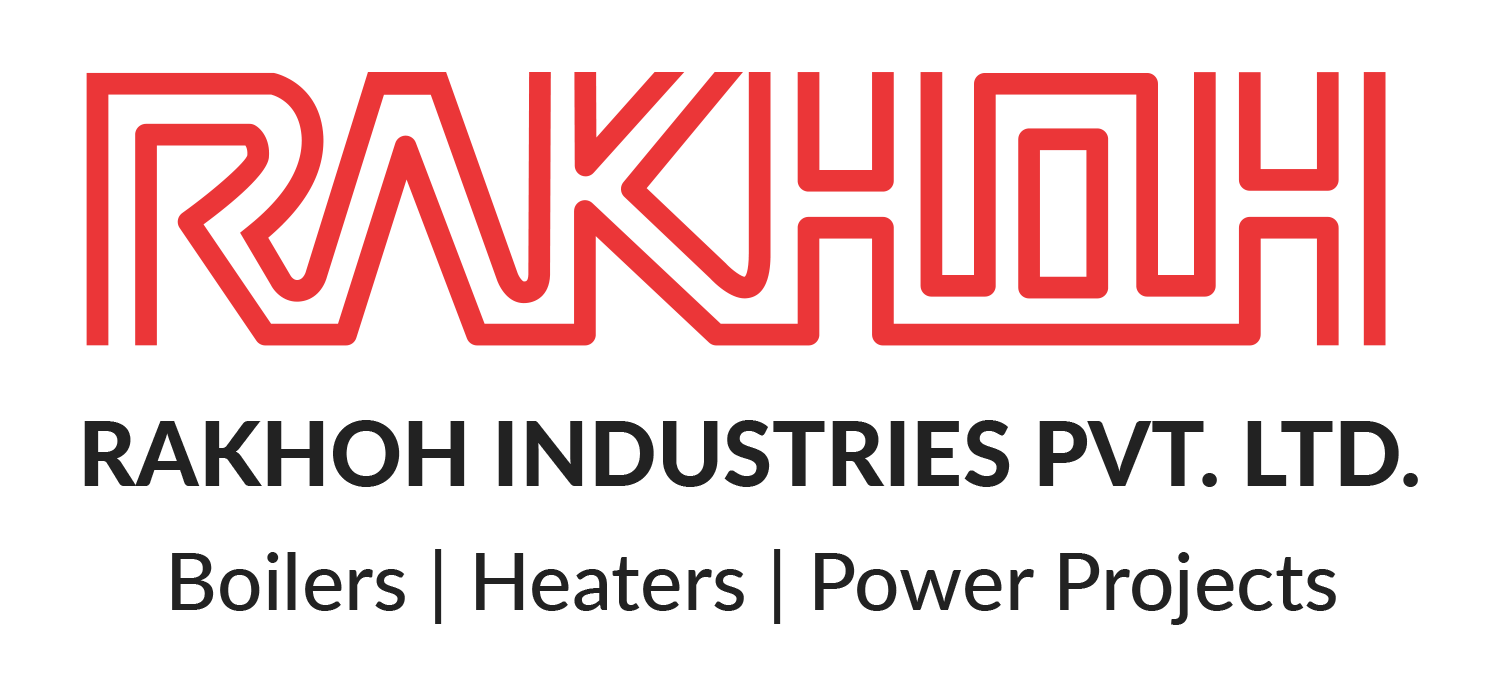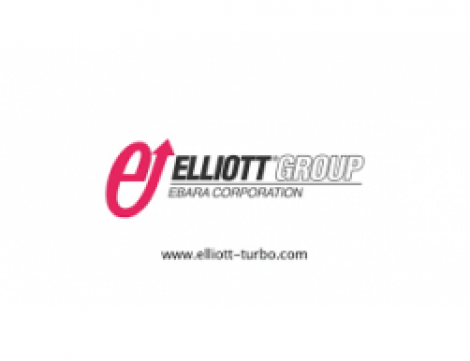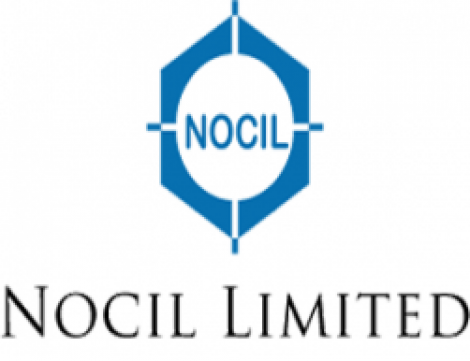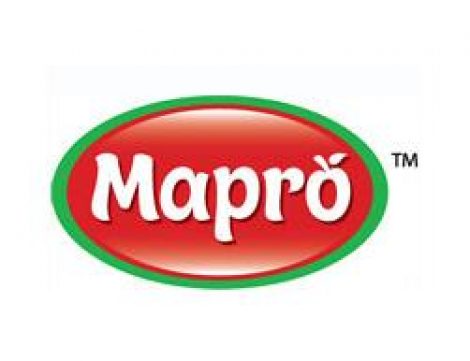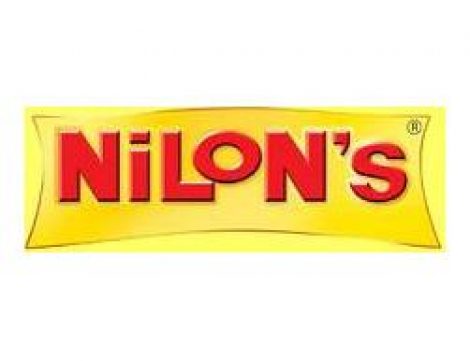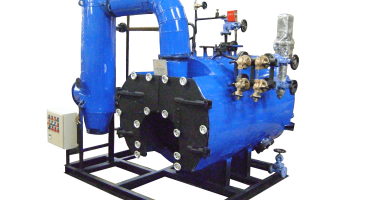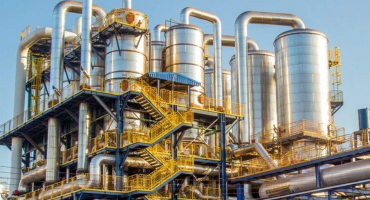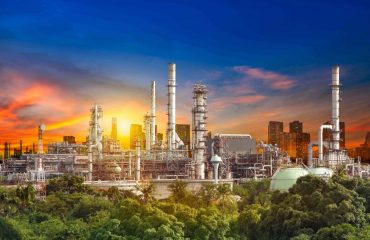A boiler is an integral asset in the manufacturing and processing units to accomplish various operations. To ensure processing efficiency, the steam quality must be of the highest quality. Feedwater treatment is essential for high steam quality that aids in operational purposes. Proper treatment for feed water prevents scaling, corrosion, and fouling of the boiler system. As a result, it avoids expensive plant downtime and maintenance fees as well as boiler breakdown.
What is a Boiler Feed Water Treatment?
The boiler feedwater treatment system consists of various technologies that apply to the feedwater treatment requirements for steam boilers. Feedwater treatment is vital for both high-pressure and low-pressure boilers. Implementing proper boiler water treatment is important to avoid expensive retrofits or replacements in the long run.
Effective feed water treatment facilitates,
- Elimination of harmful impurities prior to feeding it to the steam boiler
- Enhance boiler chemistry control
- Increase use of condensate steam
- Control return-line corrosion
- Prevent downtime and boiler failure
- Longer equipment lifecycle
Boiler feedwater treatment components depend on the water quality being drawn from concerning the water makeup quality required for the boiler. Effective boiler feedwater treatment includes,
- Filtration and Ultrafiltration
- Membrane processes like reverse osmosis and nanofiltration
- Deaeration/Degasification
- Ion exchange/softening
- Coagulation/Chemical precipitation
The impurities present in feed water determine the combination required for the treatment.
Why is Boiler Feed Water Treatment Important for the Process Plant?
Boiler feedwater treatment is essential to eliminate dissolved solids, suspended solids, and organic material that includes the following,
Copper: Copper causes deposits to settle in high-pressure turbines that reduce its efficiency and requires expensive cleaning or equipment change-outs
Calcium: Calcium causes scaling in various forms depending on the boiler feed water chemistry
Iron: Both soluble and insoluble iron deposits on the boiler parts and tubes, causing harm to the downstream equipment and impacting the quality of the operational process.
Aluminum: Aluminum deposits as scale in the interior of boiler and reacts with silica that increases the scaling
Silica: Silica causes extreme hard scaling if not removed to low levels, particularly in high-pressure boilers
Magnesium: When magnesium combines with phosphate, it sticks to the interior of boiler and coat tubes that consequently attracts more solids and increases scaling
Hardness: Hardness contributes to the deposits and scaling on the boiler parts and piping
Dissolved Gases: Dissolved gases such as oxygen and carbon dioxide causes chemical reactions that lead to severe corrosion on boiler parts and pipes
Working of Boiler Feed Water Treatment System:
The treatment processes differ, depending on the boiler requirements and the quality of feedwater and makeup water. Generally, a boiler feedwater treatment system includes the following steps,
Makeup Water Intake:
The process involves extracting the makeup water or leaking water from the boiler from its source.
Coagulation and Chemical Precipitation:
Once the larger components are eliminated from the original water source, various chemicals are introduced in the reaction tank to remove the suspended solids and other contaminants. The process usually begins by mixing reactors with one or two reactors that add specific chemicals to extract the finer particles in the water by combining them into heavier particles. Aluminum-based coagulates such as alum and polyaluminum chloride are used extensively. Minor pH changes also aid in the coagulation of the particles.
Filtration and Ultrafiltration:
The next process includes a certain type of filtration to remove the suspended particles like sediment, turbidity, and specific organic matter. Removal of suspended solids upstream protects the membranes and ion exchange resins from the fouling in the pre-treatment process, if performed initially in the process.
Ion exchange softening:
While preheating boiler feed water, a softening resin is required if high hardness is present complexed with bicarbonates, sulfates, chlorides, or nitrates. The process utilizes a strong acid cation exchange process that charges resin with a sodium ion. As the hardness comes through, it has a higher affinity for calcium, magnesium, and iron to grab the molecule and release the sodium molecule in the water.
Dealkalization:
The boiler feedwater treatment system utilizes dealkalization to reduce alkalinity/pH after the softening process. Sodium chloride dealkalization follows a strong anion exchange resin for replacing bicarbonate, sulfate, and nitrate for chloride anions. Even though it does not eliminate alkalinity entirely, it removes the majority of it with an easy and economical process. Weak acid dealkalization merely removes cations bound to bicarbonate and converts it to carbon dioxide.
Reverse Osmosis and Nanofiltration:
Reverse Osmosis and Nanofiltration processes are often used to remove the most harmful impurities that can foul and clog the reverse osmosis and nanofiltration membranes. The process force pressurizes water through semipermeable membranes that trap contaminants such as bacteria, salts, organics, silica, and hardness. The filtration units are widely used for high-pressure boilers that require extremely low concentrations of suspended and dissolved solids.
Deaeration or degasification:
At this point, any condensate returned to the boiler system will mix with the treated makeup water and enter the deaeration or degasification process. Gases such as oxygen or carbon dioxide would be extremely corrosive to the boiler system and piping, causing oxide formation and rust. Therefore, it is imperative to remove these gases to ensure the safety and lifespan of the steam boiler.
Distribution:
After sufficiently treating the boiler feedwater, it is fed to the boiler system for heating and generating steam. Pure steam is used for operational purposes while the condensate return is administered back to the process with pre-treated makeup water for its pre-treatment process.
Rakhoh Boilers have been one of the leading steam boiler manufacturers for 38+ years. We have delivered efficient and reliable steam boilers and provided after-sales service for more than 20 process industries worldwide.
Learn more about our products and services at www.rakhoh.com
